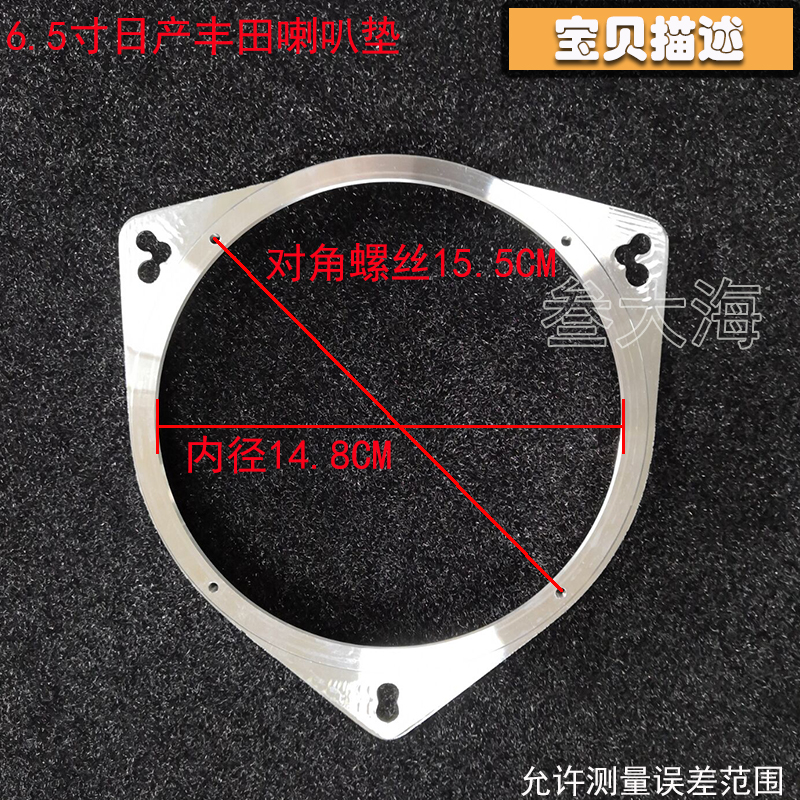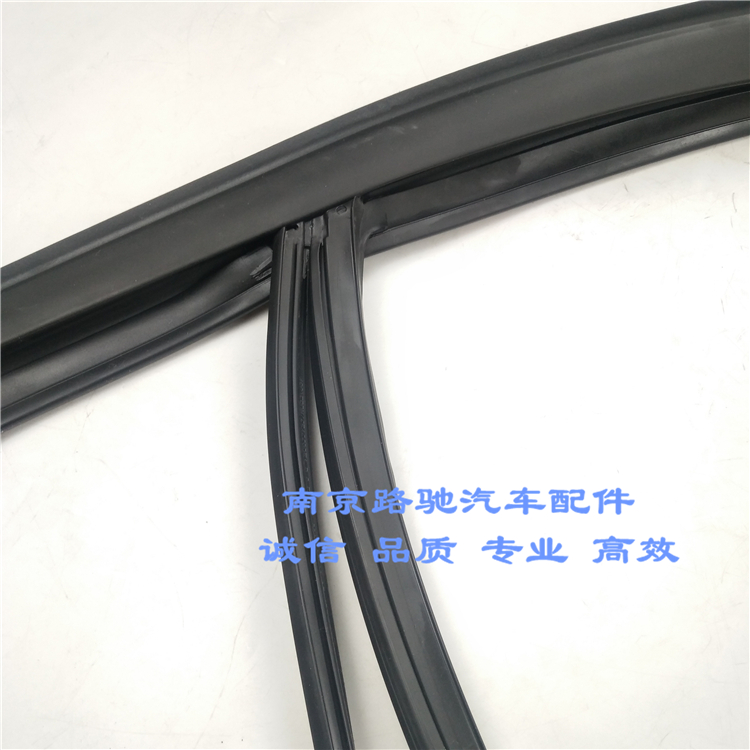
Anthony Wexler, the director of the Air Quality Research Center at the University of California, Davis, packed his bags and drove his family out to the coast.
They're escaping the smoke.
Davis, California, sits amid a layer of wildfire smoke in Northern California. To the northwest, the largest fire in state history, the Mendocino Complex Fire, continues to burn. To the southeast, the Ferguson Fire has closed down smoke-choked Yosemite National Park indefinitely. And to the North, the Carr Fire, infamous for its towering fire tornado, still burns.
SEE ALSO:California just had its hottest month on record, and that means more wildfiresThe air quality in the region around the fires -- whose spread has been enhanced by extreme heat parching the land -- is some of the worst in the world.
"I decided to go out to the coast for a couple days because it was so ridiculous," Wexler said.
On Wednesday, the National Weather Service illustrated how winds have lifted bounties of smoke across the entire U.S., bringing pollution even beyond the East Coast.
Tweet may have been deleted
That said, it's not as if these smoke particles are harmful to those on the East Coast. By the time that smoke arrives in Boston and New York, the particles have been diluted with fresh air, and certainly can't be seen, nor are concentrations unhealthy.
It's normal for pollution to waft from west to east across the country, just like pollution from China is regularly transported over the Pacific Ocean into the U.S. That's how air generally moves over the Northern Hemisphere, said Wexler. But it's much rarer for even low concentrations of smoke to find their way across the nation.
"It doesn’t happen every day," Gabriele Pfister, deputy director of the National Center of Atmospheric Research’s atmospheric chemistry lab, said in an interview. "But, it can happen."
"Normally, the pollution isn’t so great that it’s noticeable when it gets east," added Wexler.
Tweet may have been deleted
But just how bad is the air pollution in large regions of the West?
"It's been like a reasonably decent day in Beijing," said Wexler. "That's really telling. It’s really awful there."
"It’s unbelievable," said Pfister.
She noted that planes flying over the area, as part of a National Science Foundation-funded wildfire study, have picked up some alarming pollution numbers.
It's expected that particulate matter -- tiny fragments of pollution 30 times thinner than a human hair -- would be bad. But the flights even picked up abnormally high concentrations of carbon monoxide, an odorless gas that can be dangerous to human health in enclosed spaces, and at worse, lethal. However, some of the measured values around the fires are about 5 parts per million, or ppm, which are not considered nearly dangerous -- but it's still telling.
Tweet may have been deleted
"These are values you don’t typically find near the surface in the U.S.," said Pfister. "Maybe you’ll find that if you stick your head into the exhaust of a car."
It's not carbon monoxide, however, that people in burning regions need to be concerned about. One of the main factors that's figured into air quality ratings is particulate matter.
Both U.S. government and university researchers have repeatedly shown that breathing this stuff is bad for your heart, as it accelerates plaque build-up in blood vessels.
In some areas of Oregon, the Air Quality Index currently registers as "Hazardous." In Redding, California, where a fire tornado spun for 80 minutes last week, the air quality is rated as "Unhealthy." But out near the windswept coast, like in San Francisco, the air quality is "Good."
Tweet may have been deleted
It's likely that the West will be intermittently blanketed in unhealthy to hazardous air for months ahead, as the fire season is not nearly over.
Rains aren't expected for months, and more temperature and fire records might be broken. Many Westerners aren't near the fires themselves. But it's harder to outrun the smoke.
"In my experience, it's never been this bad," said Wexler.
Featured Video For You
A tick is spreading and making people allergic to beef



